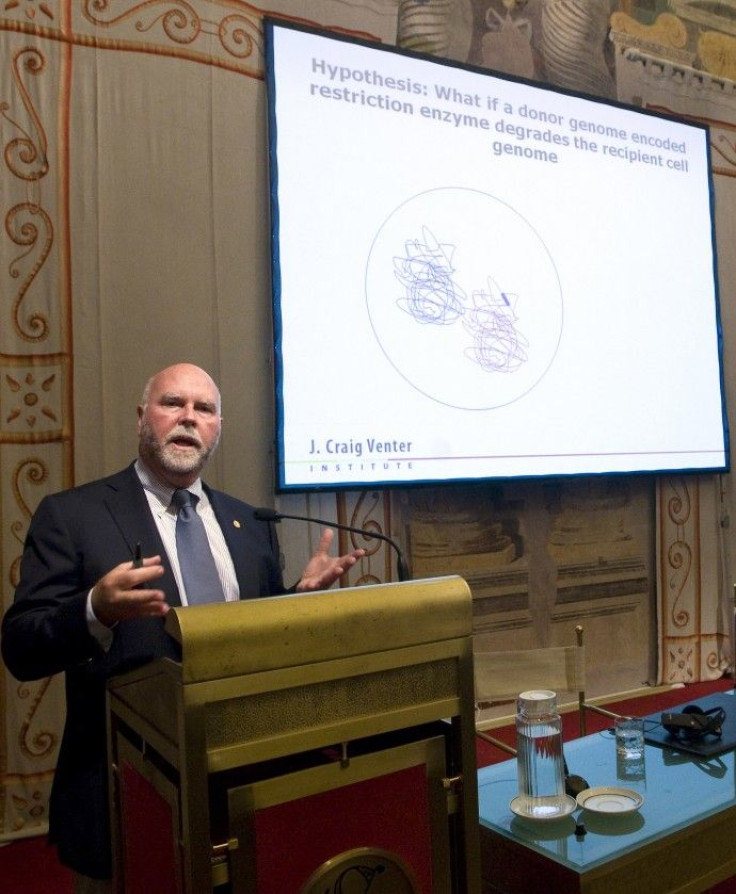Bioethics Commssion Calls For Closer Oversight Of Synthetic Biology

The Presidential Commission for the Study of Bioethical Issues today called for greater oversight of scientists working on synthetic biology, though it fell short of calling for any new federal regulations or institutions.
The panel consisted of 13 scientists, ethicists, and public policy experts. It said that given how new the science is, there is still time to identify problems before they become serious. That, the commission said, will help to make sure the technology is used for the public good.
Generally, the commission recommended that research be allowed to continue, but that existing government oversight bodies such as the National Institutes of Health keep an eye on developments in the field through peer-review. The commission also recommended that given the cross-disciplinary nature of synthetic biological research, the various federal agencies that oversee different aspects of it coordinate with each other.
The commission also recommended that the U.S. government coordinate with others, because so much research is international. That would also have the effect of improving security.
The report noted that the possibilities of real harm are, for the moment, remote. That is because nobody has yet created a living organism from scratch and even the pathogens that have been bred or are in storage, such as smallpox, polio or the 1918 influenza virus, are not artificial organisms. Nor has anybody demonstrated the ability to manipulate DNA outside of a sophisticated lab.
But the report does acknowledge that amateur scientists are playing an increasingly important role in the field, as the equipment to do biochemistry becomes cheaper. For that reason, the report says it is important to make sure that there is oversight and awareness of such research.
Another piece of the commission's recommendations is education. The group said classes on the ethical dilemmas raised by synthetic biology should be mandatory for researchers in the field. Also, forums should be established to improve the general public's understanding.
The commission notes private groups can play a role in engaging the public. It cites FactCheck.org, which tracks the statements of politicians and posts articles about their truth or lack thereof. An organization set up to do the same with the science of synthetic biology cold do something similar, the commission says.
President Barack Obama asked the Commission to study the implications of synthetic biology following the May 20 announcement by the J. Craig Venter Institute that it had inserted a laboratory-made genome into a bacterial cell, creating an artificial organism.
In three public hearings held over the past five months in Washington, D.C., Philadelphia, and Atlanta, the Commission heard from a wide range of ethicists, scientists and others close to the issue and considered a range of possible actions the government could take to prevent problems that might occur in the future.
© Copyright IBTimes 2024. All rights reserved.











